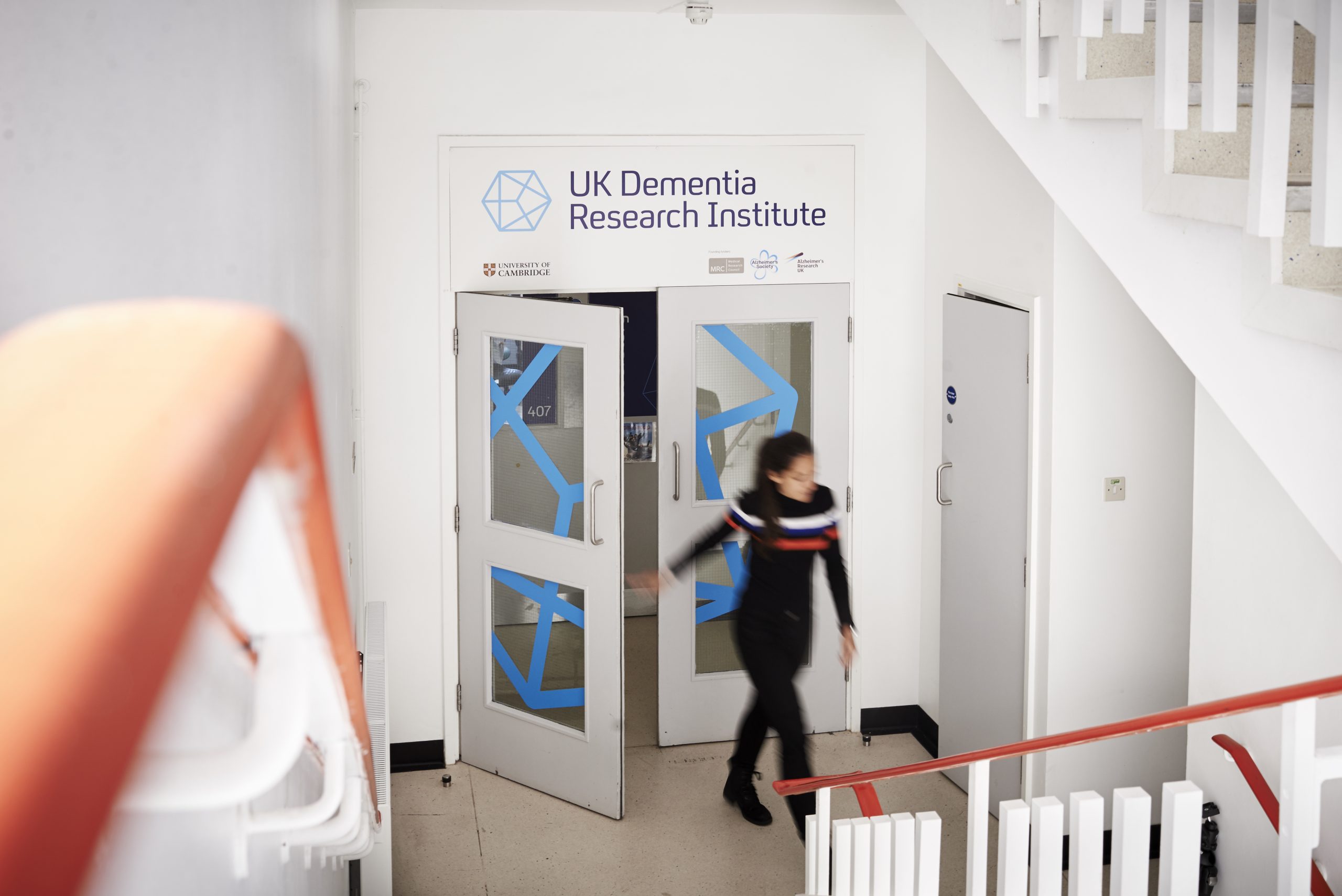Putting your keys in the fridge, getting lost on a familiar drive, or losing the thread of conversations is not called getting old. It’s called getting ill.
Every three minutes someone develops dementia, but right now, there are thousands of people who are in the dark about their diagnosis – they may not know what signs to spot, are in denial or just too afraid to visit their GP.
Alzheimer’s Society is here for anyone worried about their memory to help them take the first step.
The sooner people can get a dementia diagnosis, the sooner they can plan for the future and unlock the door to treatment, care and support.
Here are some of the most common myths around dementia explained by Alzheimer’s Society’s Head of Knowledge Tim Beanland.
Dementia is passed down in the family:
Directly inheriting a single gene that causes dementia is extremely rare. In a small number of cases, there is a genetic link – but these are only a tiny proportion of overall cases, and most cases of dementia are not passed down.
There are some genes that can increase the overall risk of having dementia. But there are also lifestyle changes a person can make to lower their risk.
Dementia and Alzheimer’s are the same thing:
The word ‘dementia’ is the umbrella term used to describe the symptoms caused by diseases damaging the brain. Alzheimer’s disease is the most common cause of dementia, responsible for around two thirds of cases in the UK. Other causes of dementia include vascular dementia and dementia with Lewy bodies.
You can’t get dementia if you’re young:
It’s true that the biggest risk factor for dementia is getting older, which is something we can’t avoid. Over the age of 65, your risk of dementia doubles every five years, so when you get to the age of 90, there’s about a one in three chance.
Dementia under the age of 65 is known as ‘young-onset dementia’ and people as young as 20 can still get very rare forms of dementia. Over 42,000 people in the UK are living with young-onset dementia.
You have to stop driving:
A dementia diagnosis is not in itself a reason to stop driving and one in three people with dementia still drive. However, if a person often gets lost, confused and is unable to drive safely, they will need to stop driving immediately.
You will have to give up work:
Every dementia diagnosis is different, and many people are still able to do what they used to, like working. Employers are required to make reasonable adjustments where possible to support an employee with dementia and there are discrimination laws that protect people with dementia in the workplace, depending on the role and responsibilities.
You can’t remember anything if you have dementia:
Dementia affects people in different ways – in the early stages of dementia, people may still remember a great deal, even if they have become more forgetful. As a person reaches the later stages of dementia, they’re likely to have significant memory loss. Their recent memories may be completely non-existent, but they may remember parts of their past memories. Sometimes people with dementia believe they’re living in an earlier period of their lives, like their adolescence or childhood. They may also remember a piece of music they loved to listen to, or their favourite film.
If you get dementia you need to move into a care home:
A person with dementia will need more care and support as their dementia progresses and moving into a care home might be a better option to meet their needs, especially if they need 24-hour care. However, around two thirds of people with dementia live at home rather than a care home. Particularly in the earlier stages, it can be possible for people with dementia to maintain their independence and be cared for by family and friends and care workers.
There’s no point getting a diagnosis when there’s no cure:
While scientists are still working hard to find a cure for dementia, there are drugs and other therapies that can help treat Alzheimer’s and ease its symptoms. Alzheimer’s Society funds research into new interventions to help people live well with dementia, as well as providing expert support. There has been amazing progress in dementia research over the past decade so we’re hopeful that one day, something game changing will come along!
Alzheimer’s Society is helping people take their first step towards a dementia diagnosis. If you’re worried about your memory, or that of a loved one, visit alzheimers.org.uk/memoryloss
theHRDIRECTOR chosen charity, 25% of all Subscriptions fees, in both print and digital, will go to the Alzheimer’s Society, a very worthy charity who are helping so many at their time of need.









